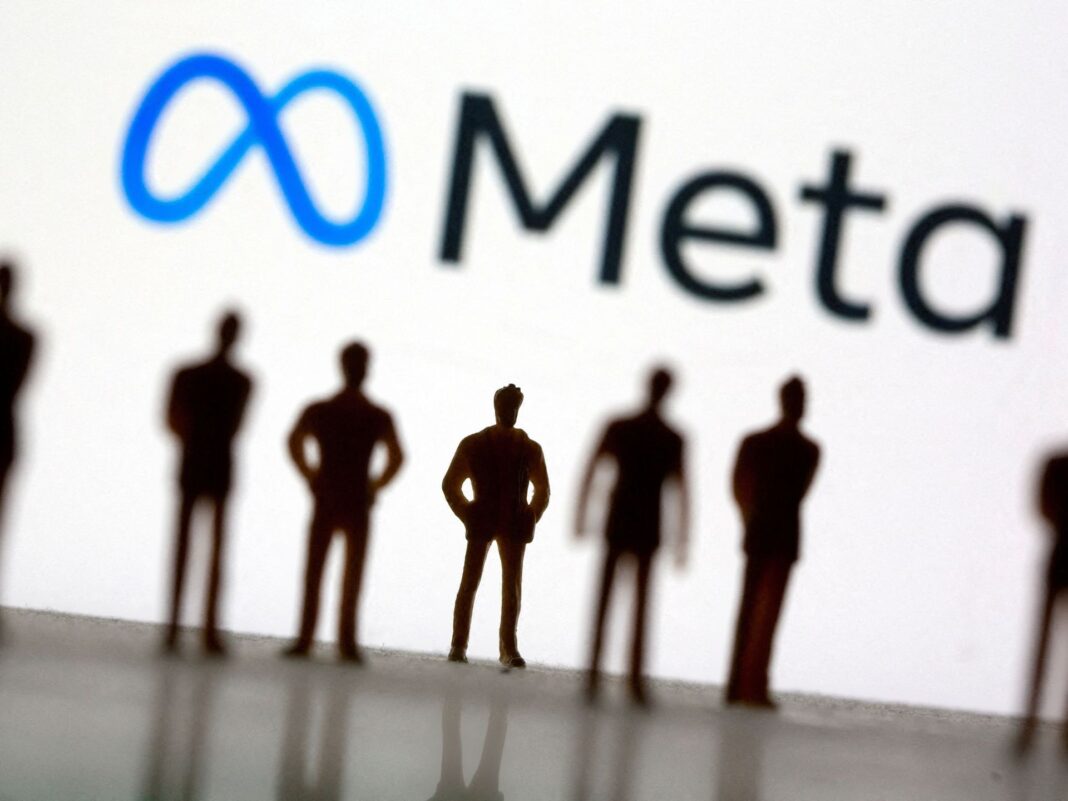Over the last few days and months, a slew of United States corporations, including Amazon, McDonald’s, Walmart, Ford, John Deere and Meta (the parent company of Facebook, Instagram and WhatsApp), have announced the end of their diversity, equity and inclusion (DEI) programmes. They will be scaling back initiatives aimed at promoting fair treatment and “full” participation of their staff, especially those from minority groups (ie gender, racialised, LGBTQ, Indigenous, and disability groups).
Adopted over the last decade-and-a-half, and heightened in the wake of protests across the US following the police brutalisation and killing of George Floyd in 2020, these corporate initiatives have involved integrating DEI in hiring practices and supplier selection, most often through “unconscious bias” training of employees.
The ostensible reason for this business change of heart on DEI is that, as Amazon has put it, it is now “outdated”. But we should not be fooled; there is a notable business logic behind it.
The timing of the announcement by a series of major corporations is revealing their calculation that DEI is no longer beneficial to their brands. Faced with the growing US conservative backlash against corporate efforts to appeal to minorities, the likes of Meta and Amazon know well that the incoming Trump regime augurs the end of an era of social “progressivism”.
The nixing of DEI is thus not only a way of mending relations with Trump, who has been a fierce critic of equity, but adjusting corporate marketing strategies to the accession of right-wing conservatism in the US. “Wokeism” is definitely out.
The removal of DEI will be a business cost-saving measure, too: it is estimated that US companies spend about $8bn annually on equity initiatives.
But the unavoidable conclusion to draw from this corporate flip-flop is that there never was any principled commitment to equity in the first place. DEI was adopted by businesses not to address social inequity but to build a brand, which is to say, construct a corporate image in order to sell more products. That time has now passed.
Yet the short shelf life of DEI should not surprise us. Let us not forget that corporate capitalism is founded on socioeconomic inequality – a hierarchy between small elites of shareholders who own and control productive assets and a massive, waged workforce, which today includes armies of mostly Global South sweatshop workers that the powerful branded corporations crucially depend upon.
DEI is therefore a way of putting a human face on corporate inequality. The often tokenistic inclusion of minorities under the guise of “equity” provides the illusion of creating greater equality. But it doesn’t and hasn’t.
Several analysts have denounced corporate DEI for spawning a billion-dollar “diversity industry” of studies, trainers and “diversity czars” while doing nothing to address inequality. The corporate equity agenda has thus been accused of being an exercise in window-dressing – an ideological cloak – that makes us feel better perhaps, but deluding us that by simply including a few more minorities in the workforce and management (mostly in the Global North), we are reducing inequality.
In fact, the opposite is the case: wealth and income inequality around the world has increased sharply overall in the last two decades, notably in the US.
So then if equity has been little more than either branding or a corporate cover for inequality, what are we to expect now that DEI has been abandoned? We get glimpses of an answer in Meta’s recent announcement that, on top of getting rid of DEI, it is also scrapping fact-checking on all its platforms.
Instead, a system of “community notes” similar to that used by X, where community members identify misleading claims, will replace fact-checking, which, let us recall, was intended precisely to ensure against misinformation, and extreme prejudice against minority groups.
The idea, according to Mark Zuckerberg, CEO of Meta, is to return to “free expression”, despite the fact that since X’s takeover by Elon Musk and jettisoning of fact-checking, hate speech, sexual and racial abuse, anti-Semitism and Islamophobia have surged on the platform.
29Thus, the termination of DEI, just like the junking of fact-checking, will bring into further relief the inequality (and inequity) upon which corporate capitalism is founded. If DEI put a human face on this inequality, its abandonment will make inequality more naked: corporations will now be less hesitant to continue to engage in hiring and procurement practices that privilege the already privileged.
Wokeism is out. Bigotry is in. Meanwhile, inequality continues unabated.
The views expressed in this article are the author’s own and do not necessarily reflect Al Jazeera’s editorial stance.


